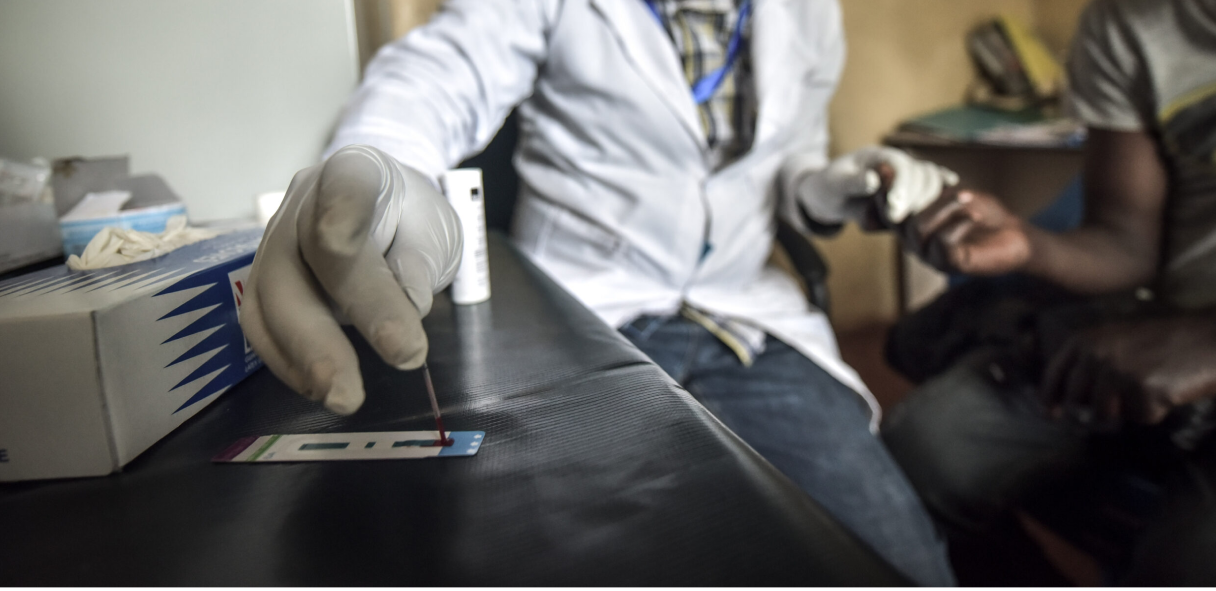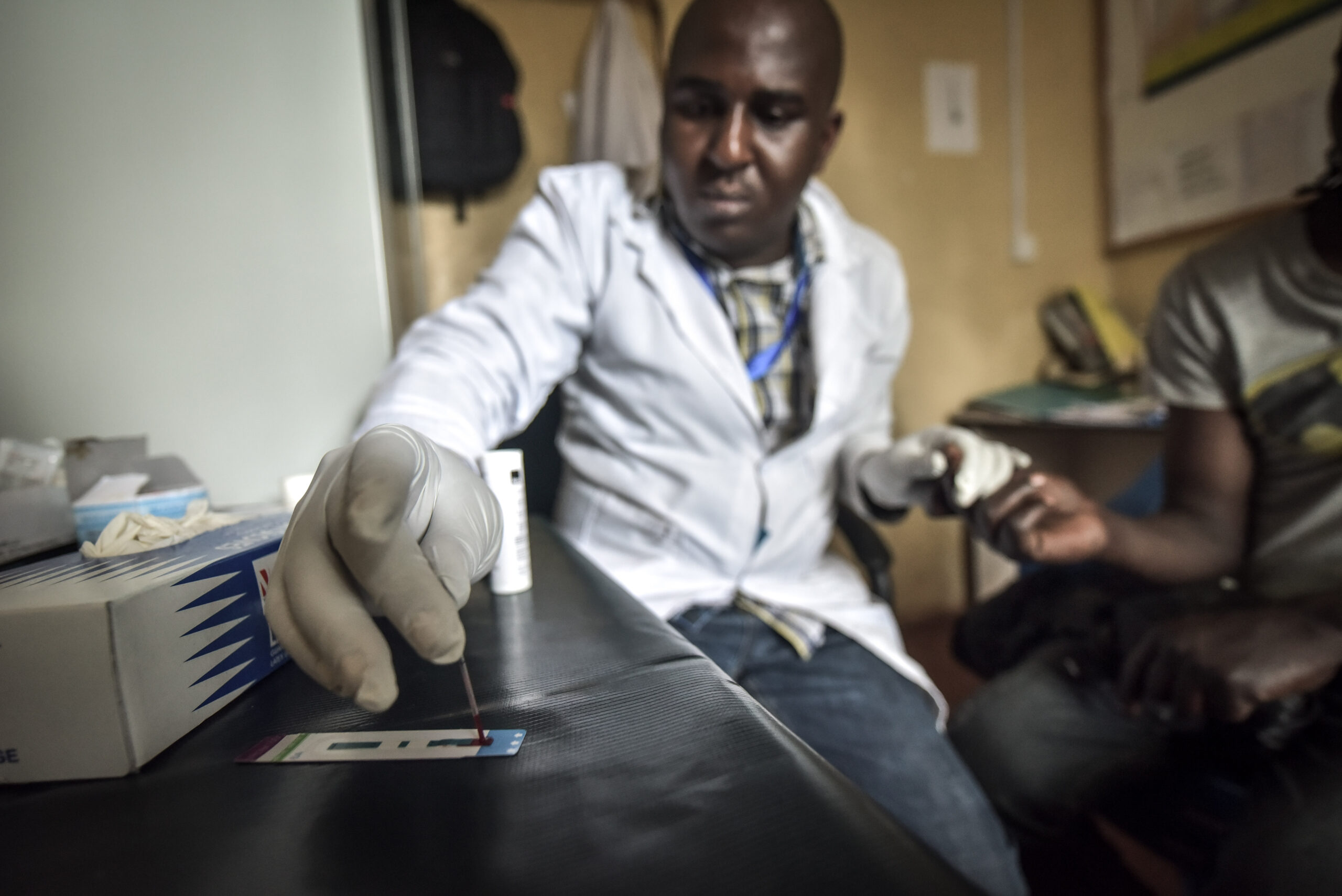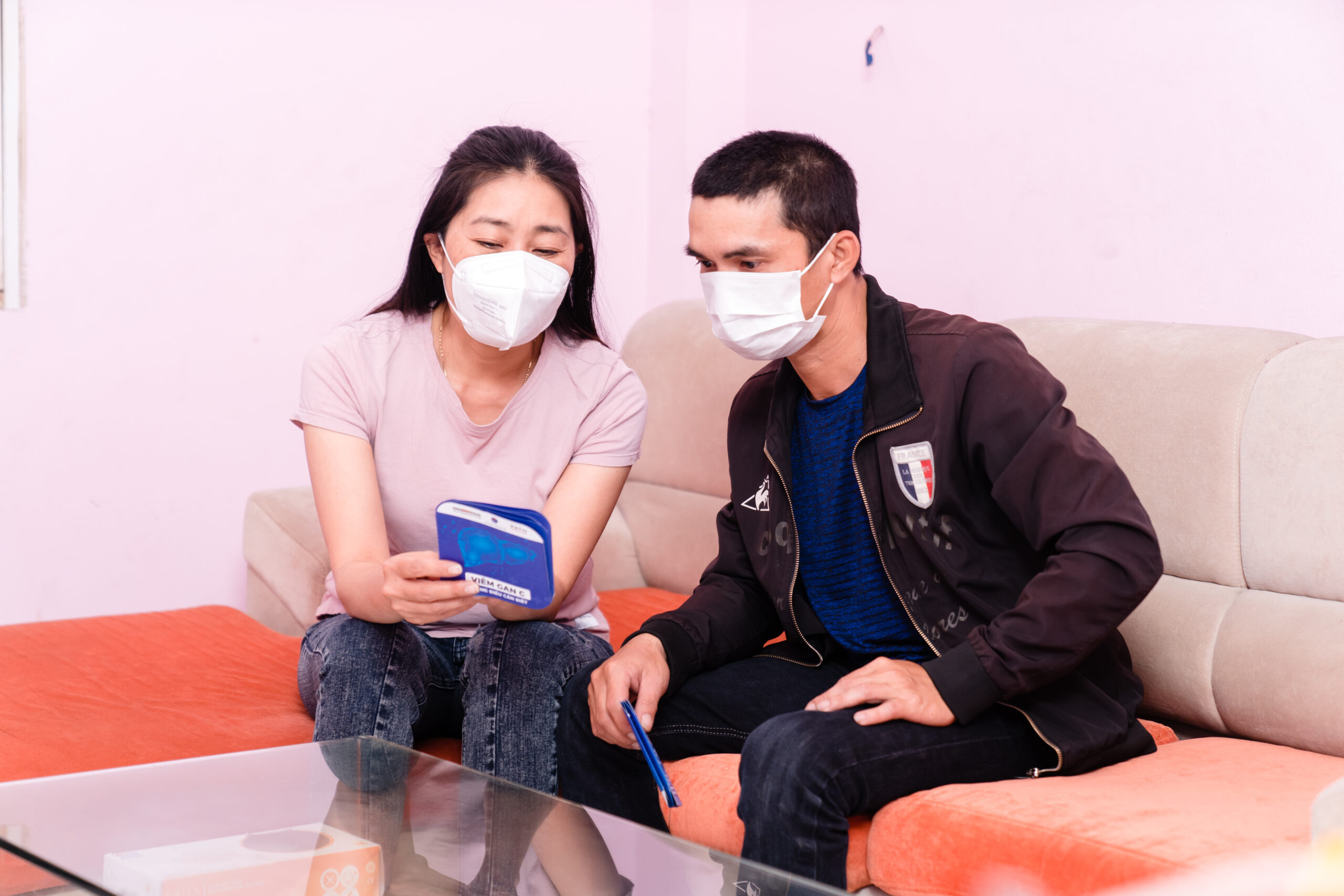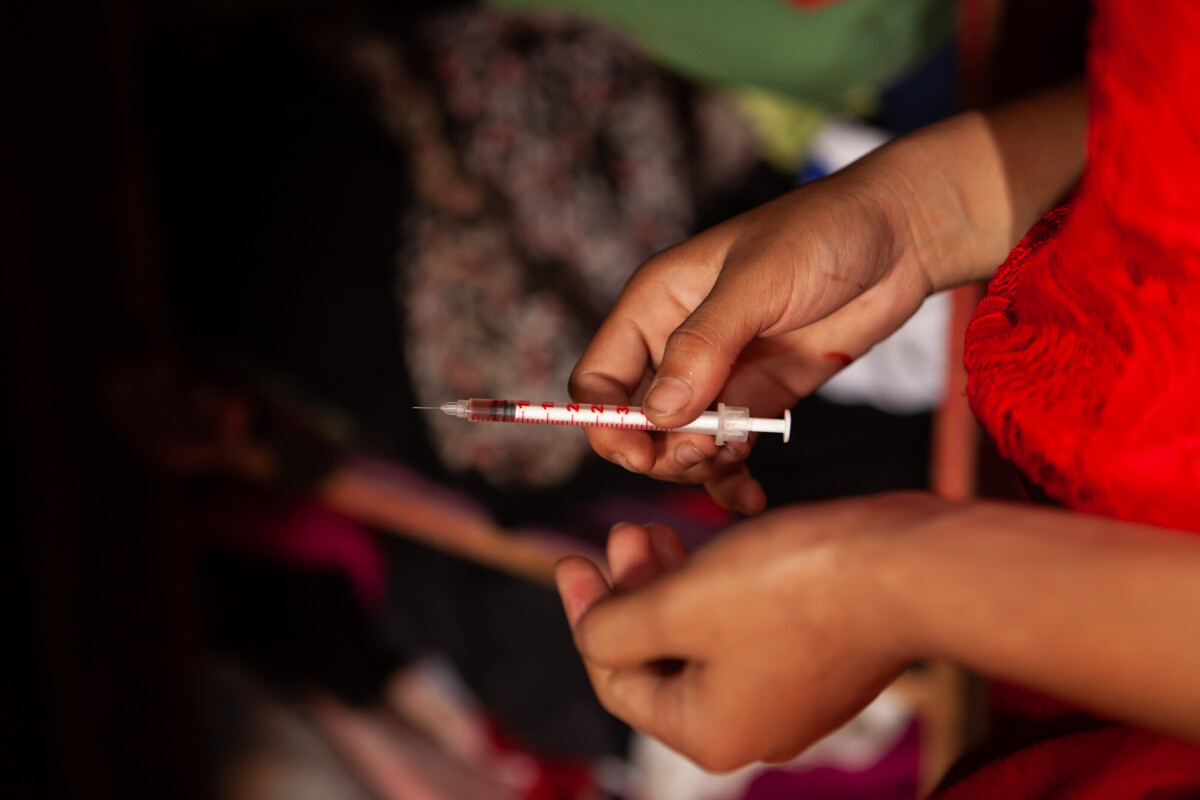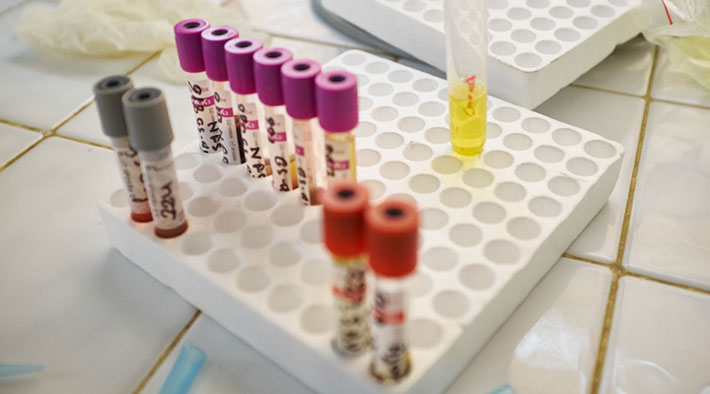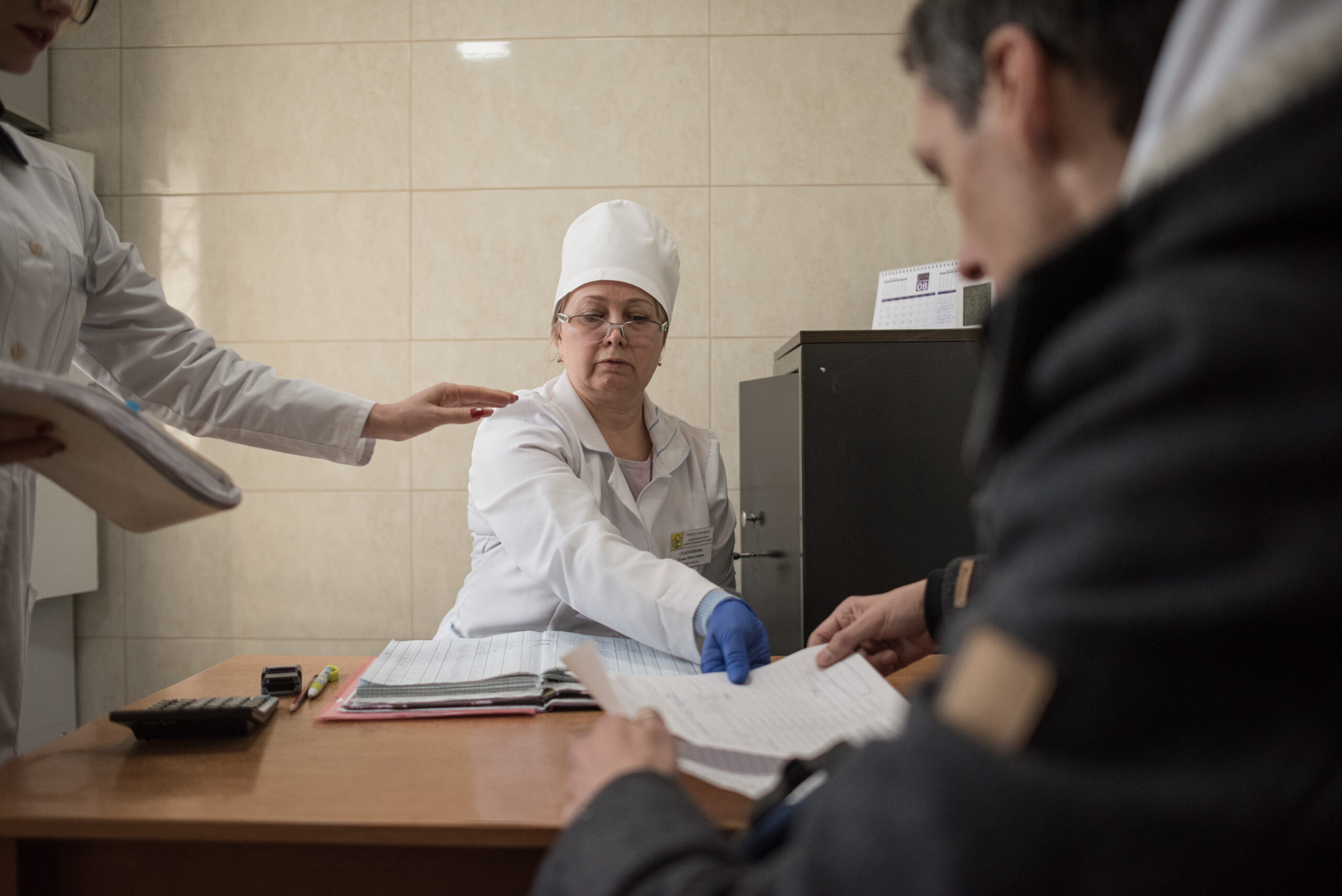Quick results
Easy-to-use
Increased uptake
Highly effective new medicines have transformed hepatitis C treatment, making it possible to cure the disease in just three months, but most people who have the virus don’t know it. Self-tests can help to make testing more widely available, which is critical to ensure people can benefit from game-changing medicines.
Hepatitis C disproportionately impacts marginalized populations who are already less likely to access medical care. Self-tests are simple to use and require easy to obtain samples like saliva or a drop of blood, people can use them without support from health staff. This means testing can be further decentralized beyond health care settings to places people at highest risk of the virus are likely to be, such as community support centers, needle exchanges or other harm reduction service sites.
Meanwhile, experience with HIV self-testing has shown that people often feel more comfortable, and are therefore more likely to get tested, when they can take the test privately.
Unitaid backed the development of self-tests and generated evidence that informed the World Health Organization’s recommendation in 2021. This is helping to transform access to hepatitis C testing, which previously required high-tech laboratories that were often only available in a country’s central hospital in the capital city, which made testing expensive, inconvenient and inaccessible.
Our ongoing efforts aim to increase awareness of the need for testing among high-risk communities and further increase access to these vital tools among vulnerable populations.

